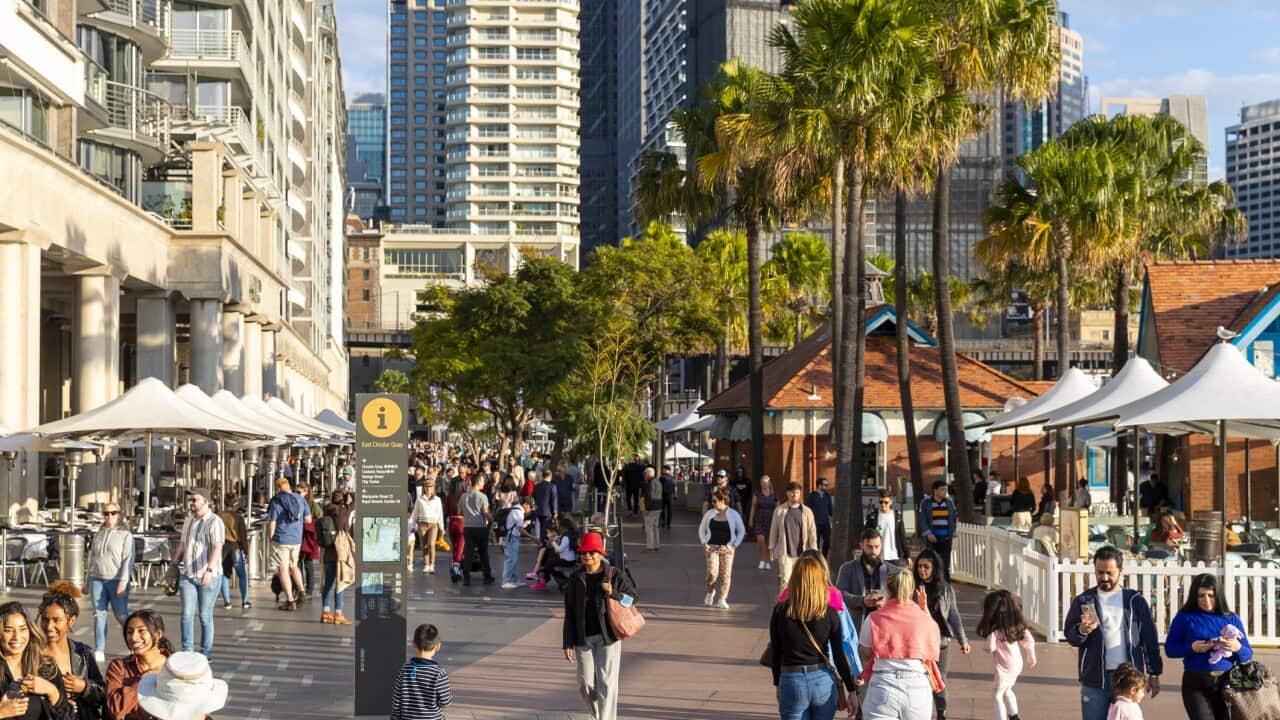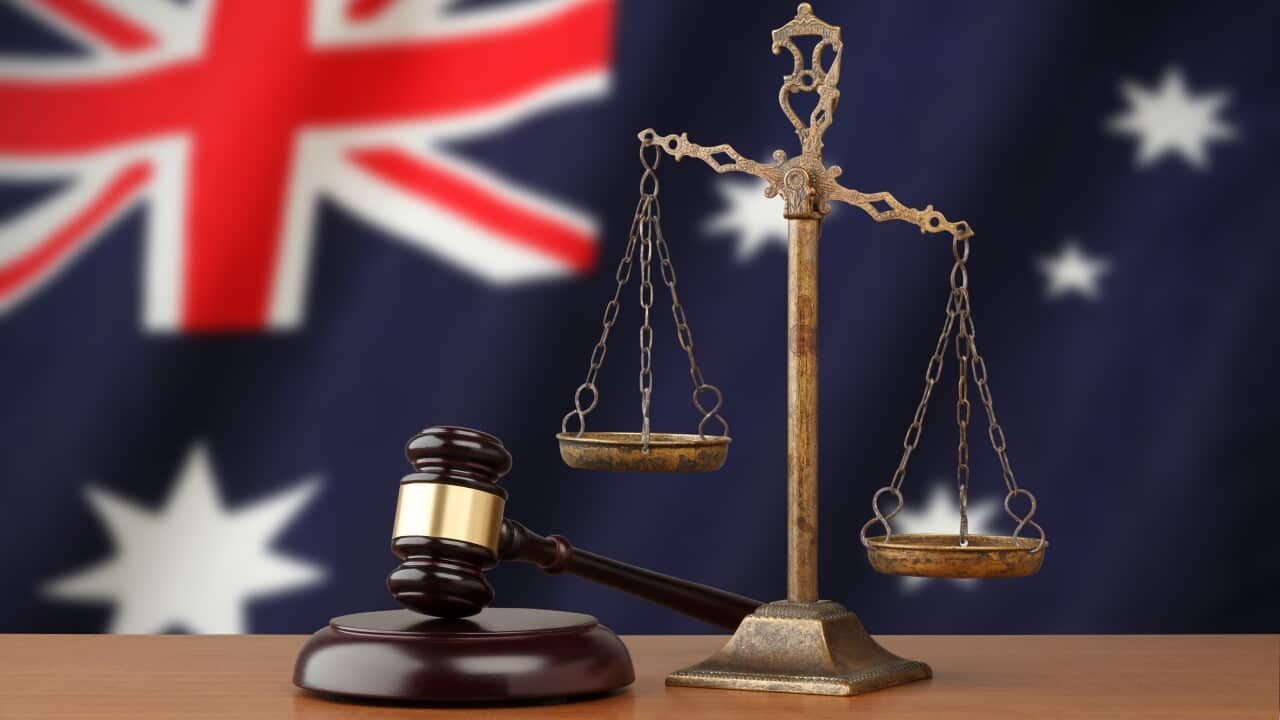Since Hong Kong became a Special Administrative Region of the People's Republic of China 20 years ago, the city's judicial independence and its progress towards universal suffrage have been of great attention locally and internationally.
A Sydney Ideas forum presented by the University of Sydney held on Tuesday last week has examined the developments of Hong Kong since 1997 and the city's prospects for the future under Chinese rule.
Dr Kevin Carrico is a lecturer in Chinese Studies at Macquarie University. He is currently conducting an ethnographic study of Hong Kong localism and nationalism.
He argues that Hong Kong is undergoing a vicious cycle of conflict where the emphasis upon stability and control by the government can often be destabilising.
A destabilising stability: Hong Kong 20 years after 1997
He presents the non-compliance cycle that consists of four steps - difference, denial, radicalisation, and crackdown.
He suggests Hong Kong is trapped in a self-reproducing power cycle in its relationship with Beijing, wherein neither side backs down and the two sides are pulled even further apart.
"Increasingly radical measures from Beijing, intended to promote stability and artificial sameness and political control, are producing increasingly radical responses from Hong Kong society, emphasising difference in rejecting control, which in turn then generating more radical responses from Beijing," he said.
The result, he argues, is a fundamentally destabilising push for stability, which he thinks does not go well for the future of Hong Kong.
"Increasingly radical measures from Beijing... are producing increasingly radical responses from Hong Kong society."
Apart from radical standoffs between citizens and the government, the mass protests and social movements have also indirectly created different independent and online media platforms.
The creation of independent media institutions
As suggested by Dr Joyce Nip, senior lecturer in Sydney University's Department of Media and Communication, the self-censorship of traditional media organisations, and the increasing political pressure towards them, have contributed to the rise of independent media organisations set up by laities or professional journalists.
In an interview with SBS Cantonese, Dr Nip acknowledges that the traditional view on professional journalism is that impartiality should be achieved when reporting news, presenting arguments from both sides.
But looking at the independent media industry in Hong Kong, where most organisations tend to be extremely critical towards the government, Dr Nip says we should analyse the media industry as a whole.
"Balanced point of views can still be achieved as a whole."
She argues, in a macro-sense, impartiality can be achieved throughout the whole journalism industry since some other media organisations, especially mainstream ones, tend to hold arguments supporting the government.
"Thus, if we see some alternative media organisations presenting opposing views towards the government, balanced point of views can still be achieved as a whole," she explains.
Speaking at the forum, is also Professor Bing Ling, professor of Chinese Law from the Sydney Law School, who explains the power of the PRC's Standing Committee of the National People's Congress in relation to the interpretation of Hong Kong's Basic Law.
Call for a more transparent interpretation process of the Basic Law
Professor Ling explains that the Basic Law has not explicitly define the procedure and the rules of interpretations of the legal document, neither has the Chinese Constitution listed such rules.
Since 1997, the Standing Committee has interpreted the Basic Law in five occasions, causing different levels of controversy among the Hong Kong society, and in some cases, claims that Hong Kong judicial independence has died.
"Interpretation of the Basic Law is not necessarily a threat to the city's judicial independence," he says, "Hong Kong has also maintained its judicial independence in these 20 years in my point of view."
Re-institutionalising and increasing the transparency of the interpretation process, he argues, would enhance Hong Kong citizens confidence in the city's judicial system.
"Interpretation of the Basic Law is not necessarily a threat to the city's judicial independence."
Earlier this month, three leaders of the 2014 Occupation Movement have been jailed for 6-8 months, while some criticised the prosecutions as political repressions. Professor Ling says he only partially agrees with such claims.
"I personally cannot see any political considerations put in place when the judges were deciding the jail terms," he said, "the terms were set in reference to previous cases according to the Common Law."
In regards to criticism that the Department of Justice of Hong Kong has taken into political considerations when deciding to appeal for longer jail terms, Professor Ling says he has no doubt on that although direct evidence cannot be seen.




